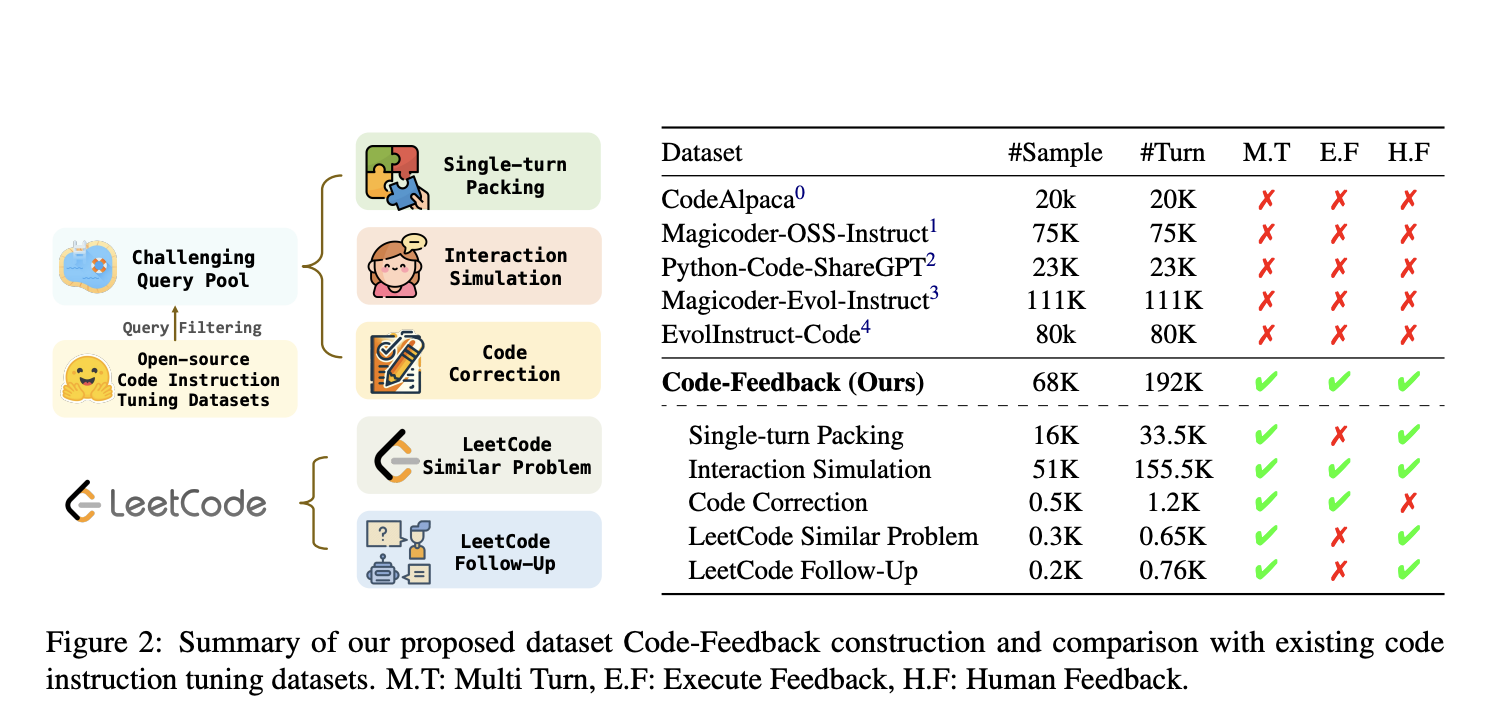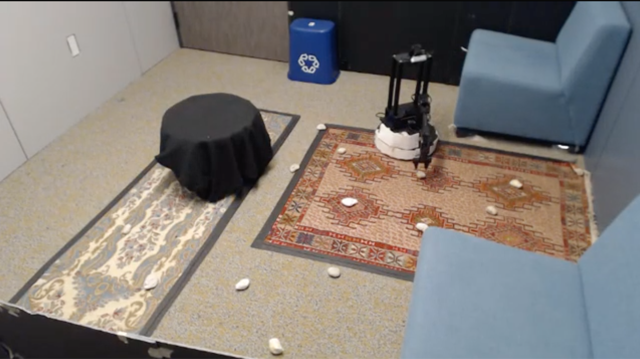The ability to automatically generate code has transformed from a nascent idea to a practical tool, aiding developers in creating complex software applications more efficiently. However, a gap remains between the generation of syntactically correct code and the subsequent need for its execution and refinement. Current methodologies often need more dynamic code refining based on execution results or integrating human feedback effectively into the coding process. This limitation hinders the practical applicability of code.
LLMs for code often include code data for pre-training, with different ratios for different models. Specialized LLMs have been developed specifically for generating code. Fine-tuning general-purpose LLMs for code generation allows for exploring ways to improve code generation capabilities. Iterative approaches are commonly used to enhance the quality of sequence generation tasks, including code generation, by generating initial outputs and iteratively updating them with feedback.
A team of researchers from the Multimodal Art Projection Research Community, University of Waterloo, Allen Institute for Artificial Intelligence, HKUST, and IN.AI Research has introduced OpenCodeInterpreter. This cutting-edge system is designed to bridge the gap between code generation and execution, providing a comprehensive platform for generating, executing, and refining code iteratively. Supported by the CodeFeedback dataset, OpenCodeInterpreter stands out by incorporating execution feedback and human insights into the code refinement process, enhancing the quality and applicability of the generated code.
The methodology of OpenCodeInterpreter is rooted in creating and utilizing the CodeFeedback dataset, encompassing 68K multi-turn interactions between users, code models, and compilers. This methodology facilitates a seamless cycle from code generation to execution and refinement. Initially, the system generates code tailored to specific user queries. It executes the code, gathering execution feedback and human insights for iterative refinement. This dynamic process enables OpenCodeInterpreter to enhance the generated code continuously, ensuring it not only meets but exceeds initial requirements by incorporating real-world feedback and diagnostics, thus redefining the capabilities of automated code generation systems.
OpenCodeInterpreter showcases exceptional single-turn and multi-turn code generation performance, outperforming prominent models like GPT-3.5/4-Turbo and CodeLlama-Python. Its unique incorporation of high-quality single-turn data significantly bolsters multi-turn interaction capabilities, further enhanced by diverse data sources such as Single-turn Packing and Interaction Simulation. Through practical case studies, it demonstrates adeptness in function development, address validation, and list intersection identification, although it faces challenges with complex, simultaneous errors.
In conclusion, OpenCodeInterpreter represents a pivotal development in the coding landscape, offering a powerful tool that transcends traditional code generation. By integrating execution capabilities and iterative refinement, it paves the way for more dynamic and efficient software development. This innovation enhances coding productivity and democratizes access to advanced coding tools, heralding a new era in software development.
Check out the Paper. All credit for this research goes to the researchers of this project. Also, don’t forget to follow us on Twitter and Google News. Join our 38k+ ML SubReddit, 41k+ Facebook Community, Discord Channel, and LinkedIn Group.
If you like our work, you will love our newsletter..
Don’t Forget to join our Telegram Channel
You may also like our FREE AI Courses….
Nikhil is an intern consultant at Marktechpost. He is pursuing an integrated dual degree in Materials at the Indian Institute of Technology, Kharagpur. Nikhil is an AI/ML enthusiast who is always researching applications in fields like biomaterials and biomedical science. With a strong background in Material Science, he is exploring new advancements and creating opportunities to contribute.



